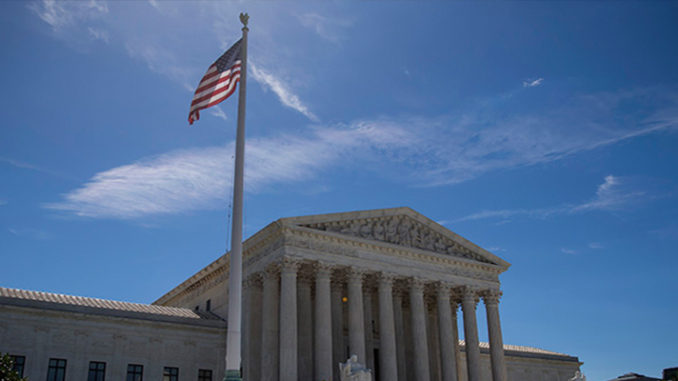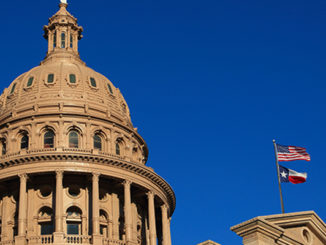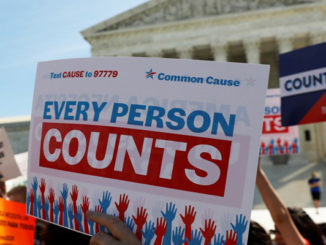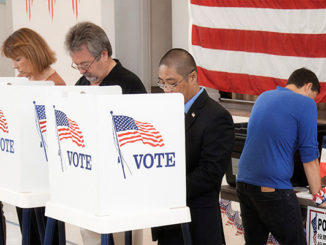
by Leah Litman
In a stunning victory for the rule of law, a bare majority of the Supreme Court agreed that the Commerce Department had not adequately justified the addition of a citizenship question to the 2020 census. But the decision says more about how poorly the Trump administration covered its tracks than it does about the court’s willingness to rein in the administration’s worst excesses.
The decision handed down Thursday is procedurally complicated, but will likely have the effect of blocking the addition of the citizenship question to the census. The Census Bureau was going to ask every U.S. household about the citizenship status of family members for the first time since 1950.
The result would have been a skewed system of representation that would make our country less democratic and facilitate Republican minority rule for years to come. The citizenship question was expected to cause millions of people to refuse to answer the census, especially in immigrant-rich areas that tend to be racially diverse and Democratic.
A severely depressed census count would allow state legislatures to stack the deck in the Republicans’ favor because it would allow them to expand the number of Republican representatives in areas that should have more Democratic representation. The census count also determines the distribution of congressional seats and electoral college votes among the states through 2030.
The origin of the idea to add a citizenship question to the census had an antidemocratic beginning. It allegedly began after a Republican expert on redistricting and gerrymandering advised that it would help “Republicans and non-Hispanic white voters” by dampening Latino participation in the census and ultimately diluting their communities’ political power.
Yet the administration claimed it needed citizenship information to enforce the Voting Rights Act, even though no administration has relied on citizenship information to enforce the act, and even though the Trump administration has shown no interest in enforcing the act for nearly three years.
Moreover, there was considerable evidence that the Commerce Department wanted to add the citizenship question before the Department of Justice brought up the possibility of using citizenship information to enforce the Voting Rights Act.
Faced with this wealth of evidence, Chief Justice John G. Roberts Jr., joined by the four liberal justices, wrote that “viewing the evidence as a whole, we share the … conviction that the decision to reinstate a citizenship question cannot be adequately explained in terms of DOJ’s request for improved citizenship data to better enforce the VRA.”
The Commerce Department had previously shopped around for a justification from different federal agencies before the Justice Department agreed to make the request for the citizenship question.
As a result, a majority of the court agreed with the trial court’s decision to send the issue back to the agency. However, because the census forms will be printed soon — possibly no later than October — the agency probably won’t have time to assemble an entirely different and legally valid proposal for adding the citizenship question.
In his opinion, Roberts emphasized the importance of agencies providing reasoned explanations for their decisions. “The reasoned explanation requirement of administrative law,” he wrote, “is meant to ensure that agencies offer genuine justifications for important decisions, reasons that can be scrutinized by courts and the interested public. Accepting contrived reasons would defeat the purpose of the enterprise. If judicial review is to be more than an empty ritual, it must demand something better than the explanation offered for the action taken in this case.”
The census decision is a victory for the rule of law. But no one should take it to suggest that in the truly hard cases, the court will stand up to the Trump administration. It just so happened that in this case, the court appeared to have no choice but to recognize the lies the administration told to try to get its way.
Leah Litman is an assistant professor of law at UC Irvine.



